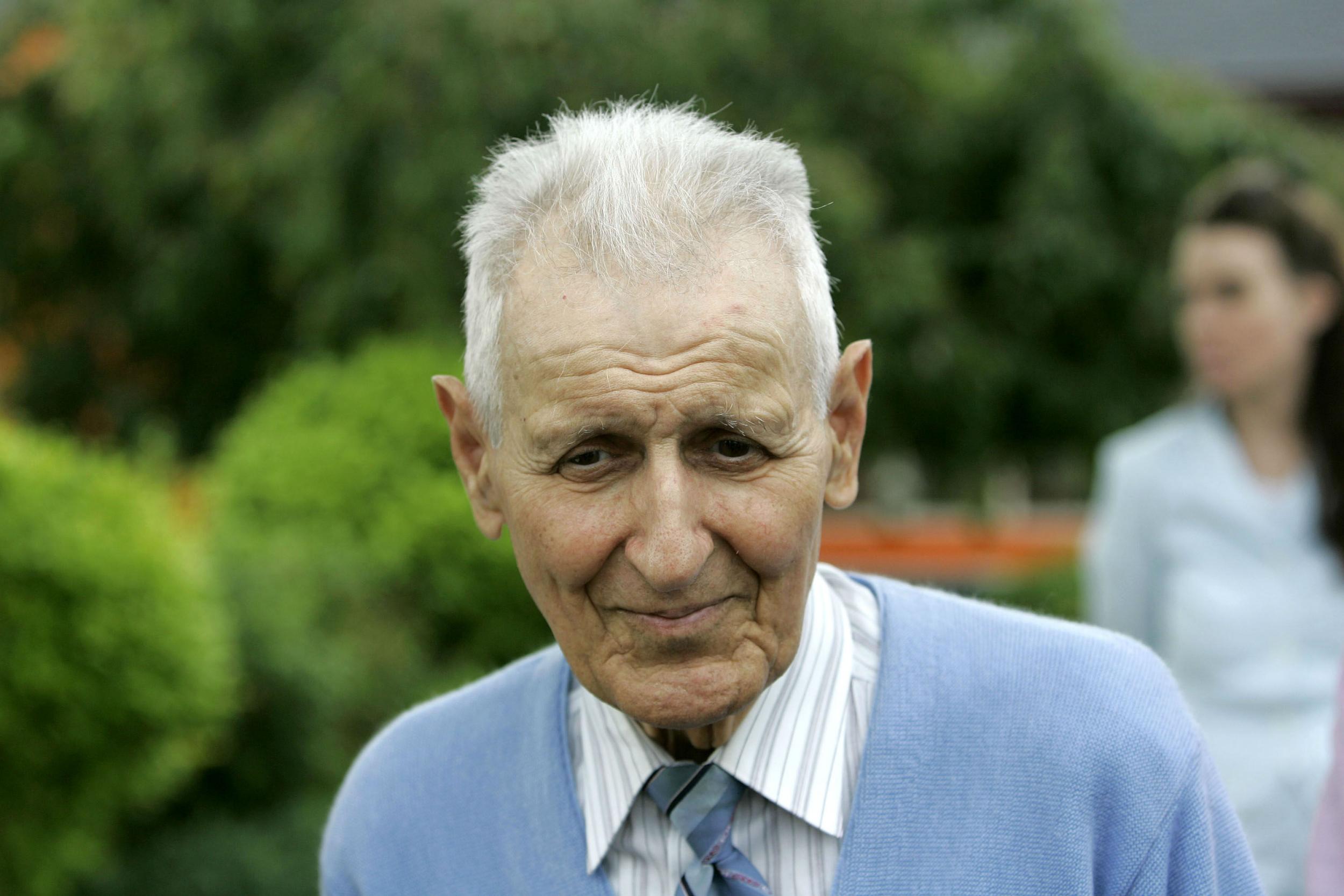Jack Kevorkian's papers to be made public to better understand role of 'Dr Death' in right-to-die debate
The assisted suicide advocate died in 2011

Throughout the course of his lifetime, Dr Jack Kevorkian was nothing less than an enigma.
To many, the advocate of assisted-suicide was pioneer of humane thought and ethics. To others he was a ghoulish figure, dismissed as “Dr Death”.
Now, the public is to get an insight into both the man and and his thinking after it was announced that an American university has obtained his papers and is set to make them public for the first time.
The Associated Press said that the University of Michigan library announced said it wanted to provide access to ordinary people to help them understand his role in the right-to-die debate.
The Bentley Historical Library in Ann Arbor said Ava Janus, Mr Kevorkian's niece and sole heir, donated the collection, which has documents from throughout his life. It includes correspondence and manuscript drafts as well as files on assisted suicides, including medical histories, photographs, video and audio.
“Long before Jack Kevorkian was known as “Dr Death,” he was a child of Armenian immigrants, a successful student, a graduate of the University of Michigan Medical School, a musician, composer and scientist,” the library's director, Terrence McDonald, said in a statement.
“The release of his papers will allow scholars and students to understand the context of and driving forces in an interesting and provocative life.”
The collection, which spans eight feet, also includes published works, photographs, court records, news coverage and interviews. The assisted-suicide files, which involve cases between 1990 and 1998, include medical histories, photographs, and video and audio recordings of consultations with patients, the AP said.
Mr Kevorkian died in 2011 in suburban Detroit at age 83. He sparked the national right-to-die debate with a homemade suicide machine that helped end the lives of about 130 ailing people, using the term “medicide” to describe physician-assisted suicide.
“Many of the medicide patients and their families - who remain very close to this day - are still advocates of their family member's choice to die, so anonymity was not an issue,” said Olga Virakhovskaya, Bentley's lead archivist who processed the materials.
“We felt very strongly that by not providing access to this collection and to the medicide files, we would be choosing to hide a very important story.”
Mr Kevorkian was convicted of second-degree murder in 1999 for assisting in the 1998 death of a Michigan man with Lou Gehrig’s disease. He was released from prison in 2007
Subscribe to Independent Premium to bookmark this article
Want to bookmark your favourite articles and stories to read or reference later? Start your Independent Premium subscription today.

Join our commenting forum
Join thought-provoking conversations, follow other Independent readers and see their replies